A seemingly innocent set of selfies has blown up for Lil’ Kim.
After slowly collecting their gaping mouths from the floor, fans of the American singer and 90’s pop icon have come out in force to comment on how “white” she appears in her latest Instagram offering.
Accusations of skin bleaching have been thrown around while others have been quick to diagnose her with body dysmorphia and pleaded for the hate to halt.
But the star’s physical transformation – which has been slowly taking place over a number of years – has sparked a wider debate about the prolific use of skin lightening products, and the belief that underpins it: that being less black means being more desirable, more beautiful and of course, more successful.
Colourism – or the discrimination of those with darker skin tones even among people of the same racial heritage – is the name of this belief.
African-American author Iyanla Vanzant describes colourism as “a consequence of internalisation of a white-dominated society’s entrenched white racial preference”.
The phenomenon has its roots in the times of black enslavement, when mixed race children with fairer complexions were often favoured and given more indoor work, while their darker skinned mothers were left to toil outside.
A much cited example is the existence (up until the 1950s) of “paper bag parties” at which a brown paper bag was pinned to the door and those whose skin was darker than it were turned away.
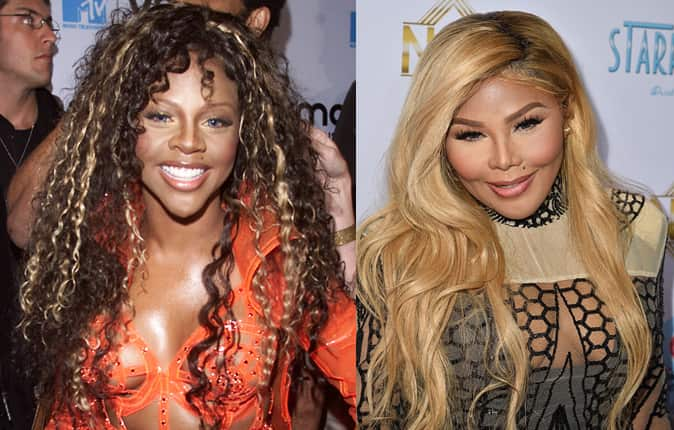
Even today in the US, influential black women are regularly suspected of having their skin digitally lightened before starring on the cover of glossy magazines.
Kerry Washington, Rihanna, Beyonce and Lupita Nyong’o are just a few names subjected to this treatment in recent years.
And the issue is by no means constrained to America, with skin lightening creams and treatments in South Asia and throughout Africa flying off the shelves.
According to a World Health Organisation study in 2011, 61 per cent of beauty products sold in India promise some element of skin lightening.
It is a $450 million market that's beauty ideals are constantly being perpetuated by the famous faces young Indians look up to.
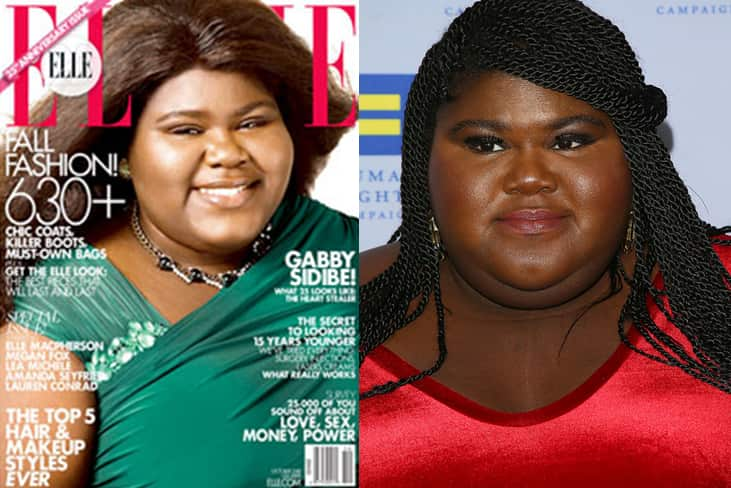
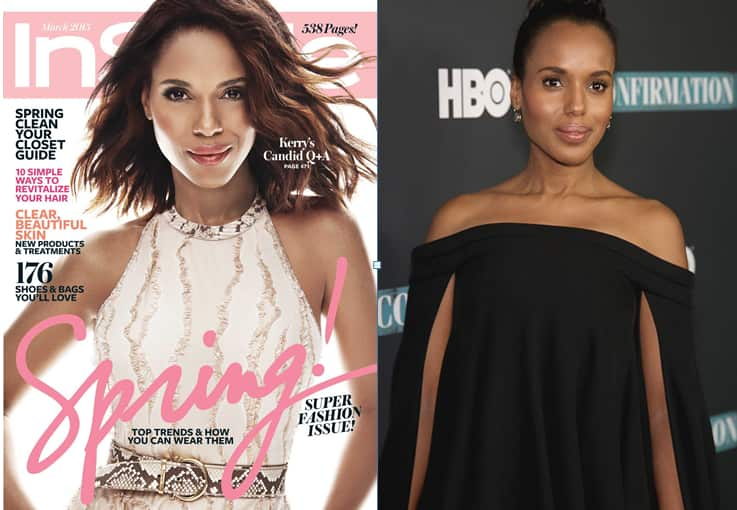
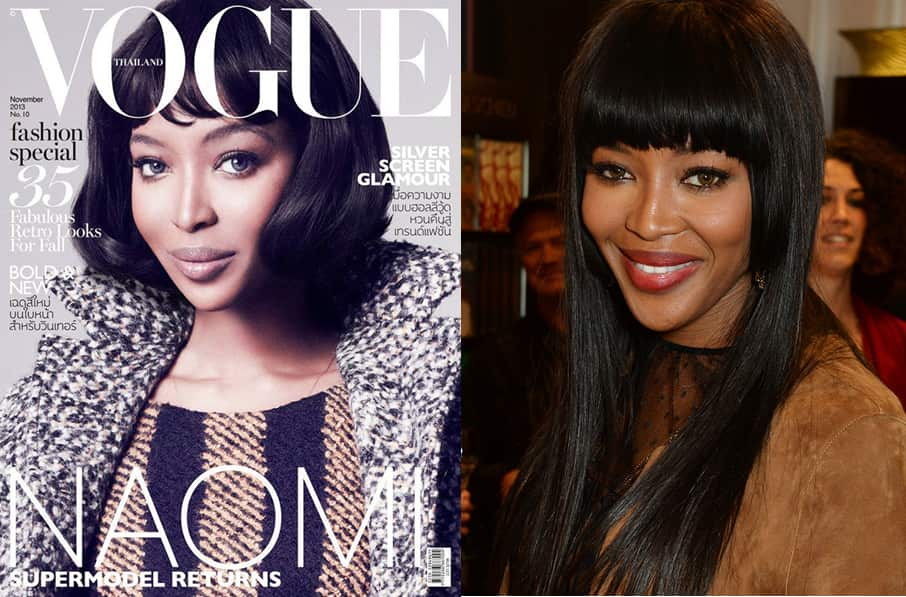
Bollywood actor Shah Rukh Khan has been the face of one such men’s product, Fair and Handsome, since 2007 and stars in commercials claiming he attained more success after using bleaching products.
Meanwhile after Indo-American beauty queen Nina Davuluri became the USA’s 2013 Miss Universe representative, in India she was widely deemed “too dark” to have had a chance at winning any South Asian beauty pageant where the winners circle is almost exclusively made up of fairer skinned contestants.
In China, South Korea, Malaysia and the Phillipines, skin lightening treatments are also popular with nearly 40 per cent of women saying they use them, while in Nigeria, an incredible 77 per cent of women regularly buy in.
That’s almost four out of every five Nigerian women that are spending years, in some cases a lifetime, applying chemical lighteners to their bodies to chase the notion that they will be more attractive and have a better life if they weren’t so black.
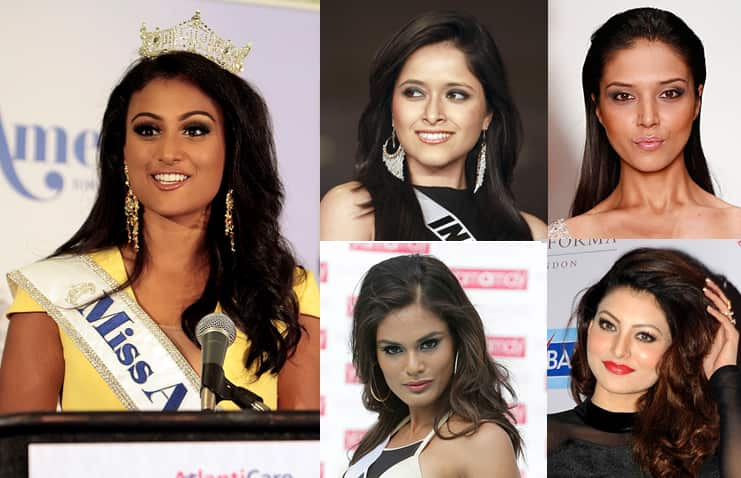
But it isn’t just the heartbreaking pursuit of an essentially unattainable beauty ideal that is the only damaging factor in this equation.
Mercury is a common ingredient in skin lightening products as it can inhibit the formation of melanin which results in lighter skin.
It can also cause kidney damage, anxiety, depression and psychosis.
Products containing the heavy metal have been banned by the World Health Organisation but can often be found in less reputable stores and of course, online.
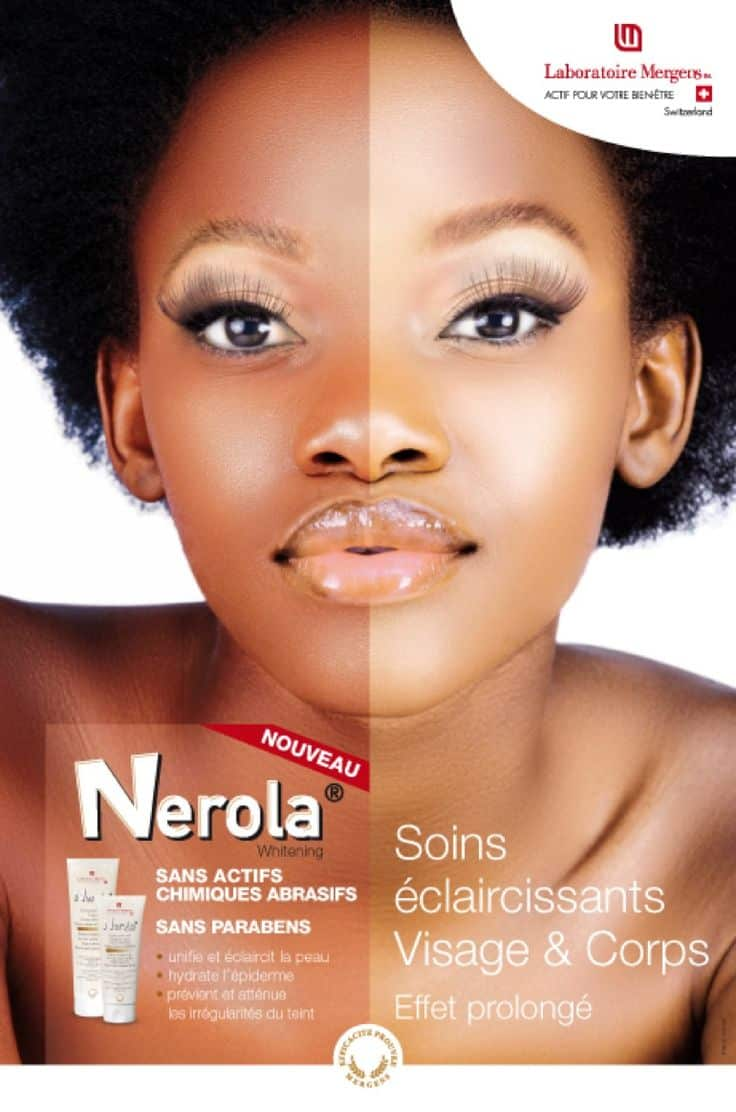
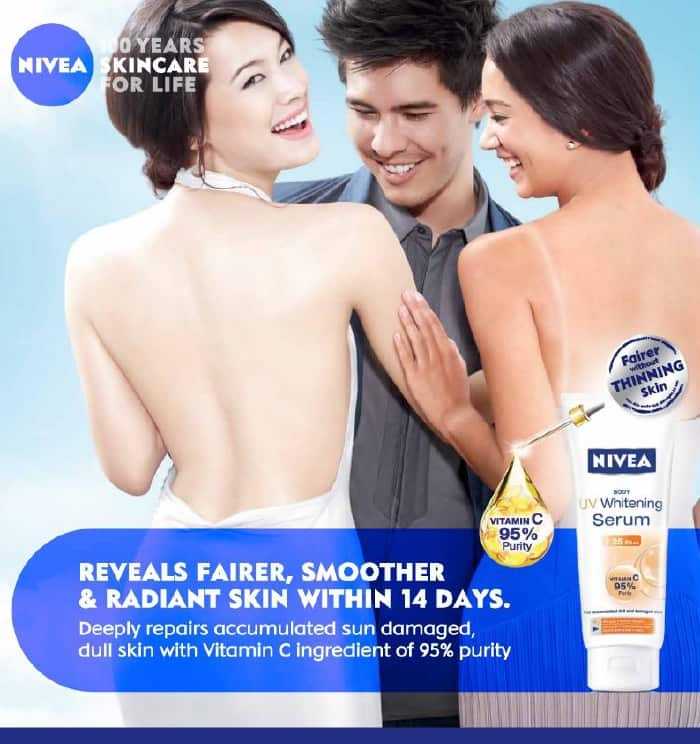
American documentary Dark Girls, explores many of the insecurities and self-esteem issues that surround the use of skin bleaching products.
As part of their investigation, they look at a study that sees young white and African American children both showing a bias towards the images of fairer skinned dolls when asked who is more beautiful and smart.
They also examine attitudes about darker skin tones within black communities and interview one man who says he wouldn't consider dating a woman with darker skin than himself because "they look funny beside me".
You can watch the trailer here.
Tune in to #thefeedsbs at 7.30pm Monday-Thursday on SBS 2, stream live, or follow us on Facebook, Twitter, Instagram, Tumblr, or Vine.
Through award winning storytelling, The Feed continues to break new ground with its compelling mix of current affairs, comedy, profiles and investigations. See Different. Know Better. Laugh Harder. Read more about The Feed
Have a story or comment? Contact Us


